The economic outlook for West Africa in 2024 presents a mixed bag of fortunes, with Ghana and Nigeria facing the brunt of sluggish growth compared to their regional counterparts.
According to the African Development Bank (AfDB), while the region is expected to witness a modest growth ranging from 0.8% to 4.0% this year, Nigeria and Ghana are poised for slower expansion.
Join our WhatsApp ChannelSpeaking on the economic forecast, AfDB explained that every other country in the West African sub-region, except Nigeria and Ghana, is estimated to experience growth rates of at least 4% in 2024. This divergence paints a picture of the economic landscape in the region, with countries like Niger, Senegal, and Ivory Coast leading the growth trajectory.
READ ALSO: AfDB Warns of Unrest Over Rising Commodity Prices
In a statement, the AfDB said: “Except for Nigeria and Ghana, all countries in the region are projected to grow at least 4 percent in 2024.”
For Nigeria, the bank forecasts a modest growth rate of 2.9% in 2024, with a slight improvement to 3.7% by 2025. The tepid growth trajectory is primarily attributed to recent policy reforms, including the elimination of fuel subsidies and efforts to consolidate foreign exchange markets.
While aimed at stabilizing the economy, these measures have temporarily escalated the cost of living, dampening consumer spending and investment.
However, the report suggests that redirecting resources, particularly the $5 billion previously allocated to fuel subsidies, towards vital social infrastructure holds the promise of yielding significant long-term benefits.
Meanwhile, Ghana’s economic growth is projected to pick up slightly to 2.8% in 2024, compared to a sluggish 1.5% in 2023. Persistent inflationary pressures continue to strain household budgets, posing a significant barrier to the country’s economic revival and growth prospects.
Both Ghana and Nigeria have faced their share of economic challenges in recent years. Ghana experienced an unprecedented economic downturn in 2023, marked by soaring inflation rates and currency devaluation. Despite securing a $3 billion deal with the International Monetary Fund (IMF), the road to recovery remains challenging.
Similarly, Nigeria’s economic woes began with currency redesign issues and subsequent policy reforms, leading to skyrocketing inflation and currency depreciation. These challenges underscore the need for sustainable economic strategies to navigate turbulent times and foster long-term growth and stability in the region.
Emmanuel Ochayi is a journalist. He is a graduate of the University of Lagos, School of first choice and the nations pride. Emmanuel is keen on exploring writing angles in different areas, including Business, climate change, politics, Education, and others.

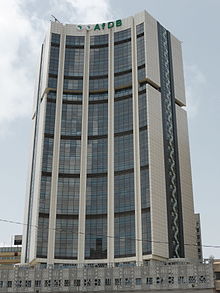



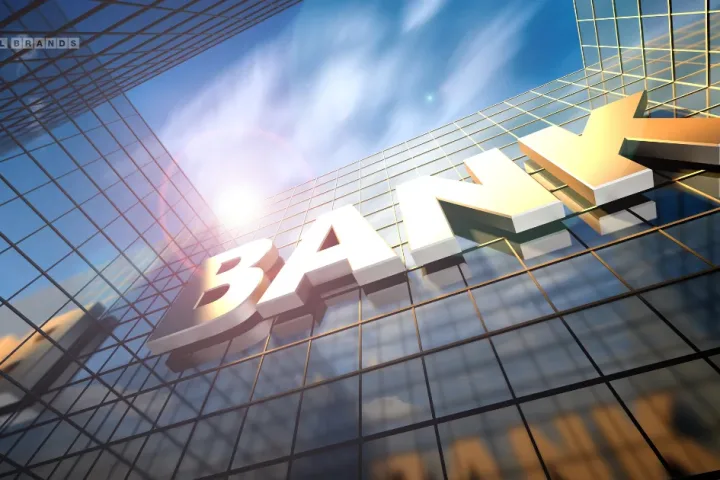





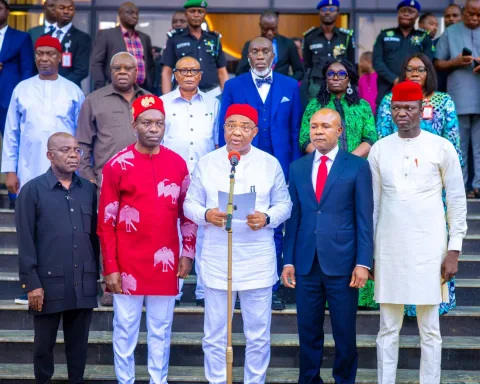




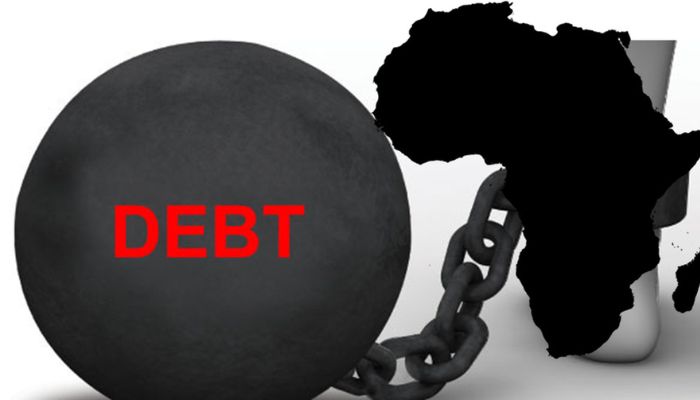
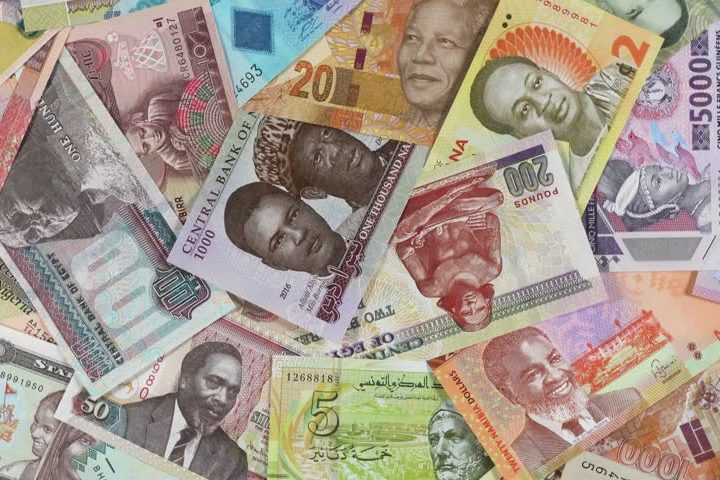

Follow Us